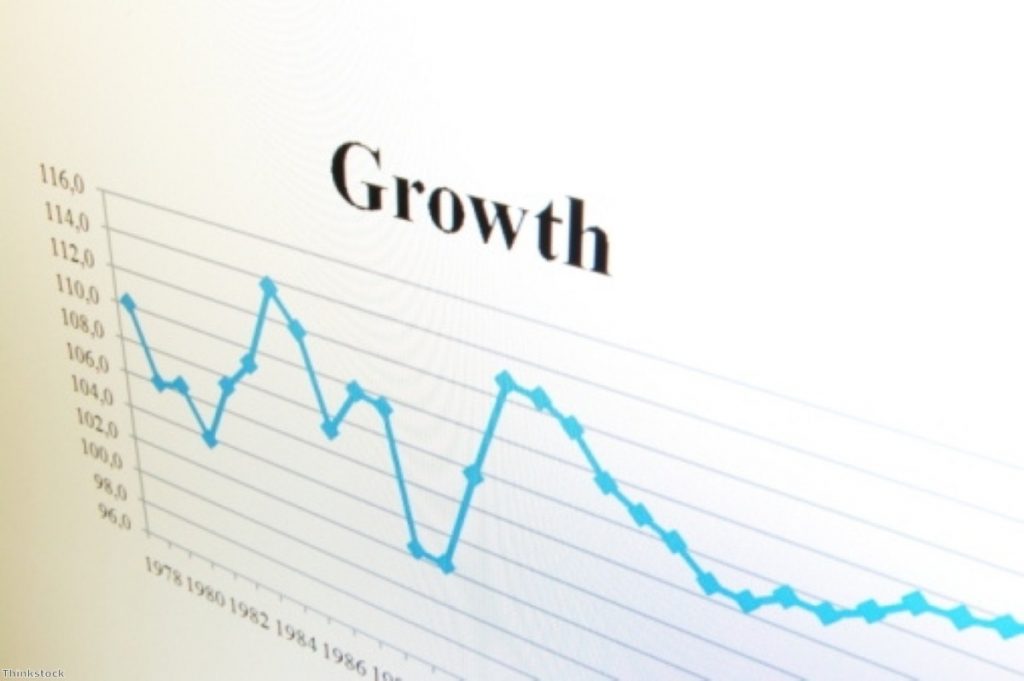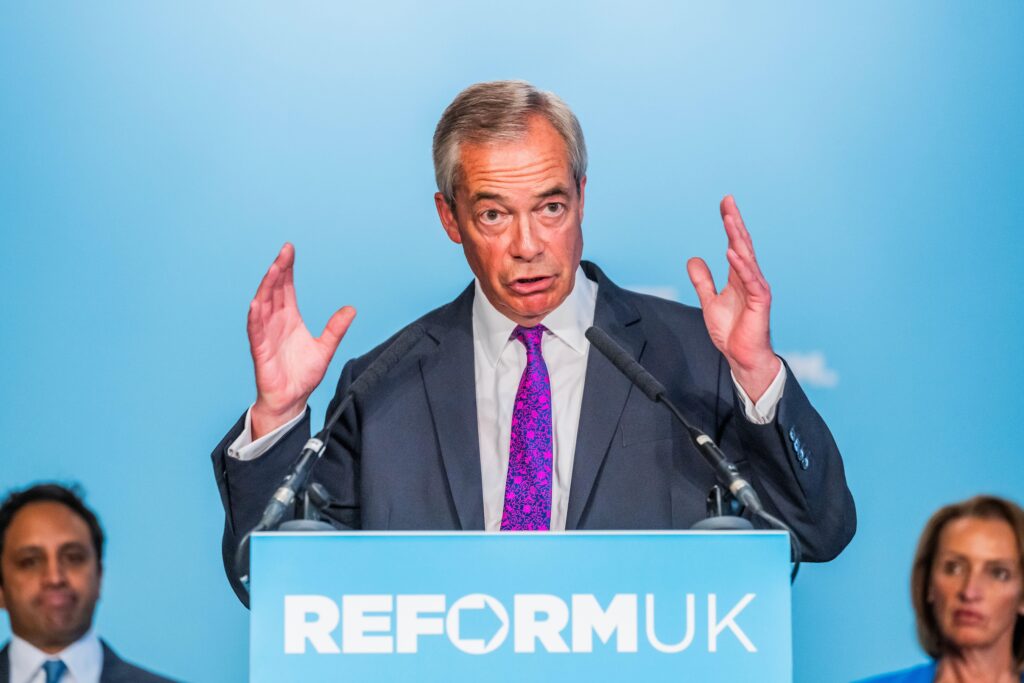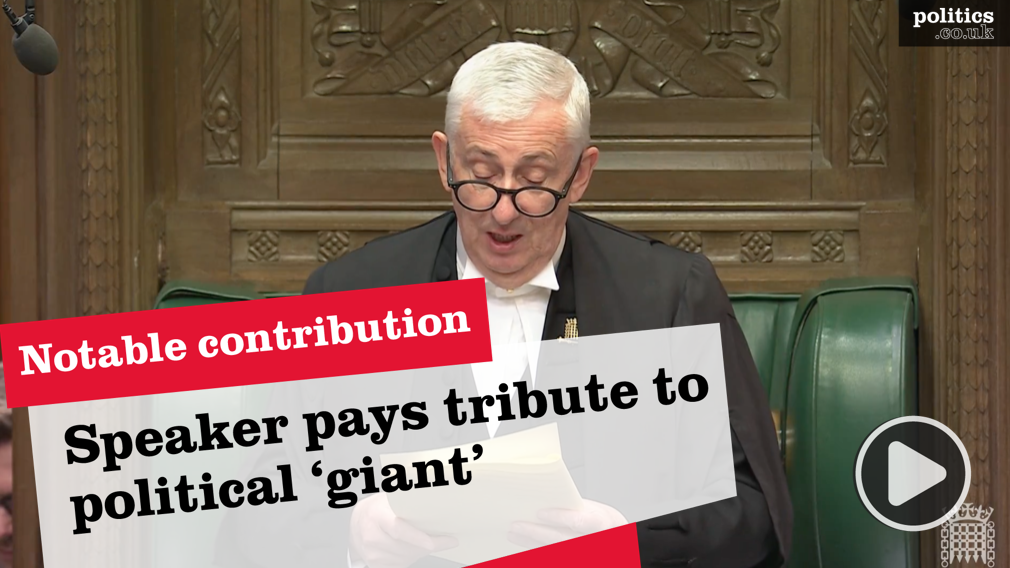Gross domestic product (GDP) in the United Kingdom fell 0.2% in the three months between July and September 2022 according to figures released this morning by the Office of National Statistics.
The fall was most pronounced in September with the month seeing a 0.6% fall in GDP. In part this was affected by the bank holiday for the State Funeral of Her Majesty Queen Elizabeth II, where some businesses closed or operated differently on this day.
The UK economy is forecast to shrink again in the fourth quarter of the year.
With a recession technically defined as two consecutive three month periods of negative growth, the UK appears to be embarked on the recession which the Bank of England warned last week, will be the longest on record.


The Bank of England expects growth to drop throughout 2023 and then again in the first half of 2024.
The services sector slowed to flat output between July and September this year, driven by a fall in consumer-facing services, while the production sector fell by 1.5% in Quarter 3 2022, including falls in all 13 sub-sectors of the manufacturing sector.
The drop in GDP comes as the war in Ukraine and bottlenecks in the global supply chain post covid have led to rising inflation across the developed world.
Ahead of the government’s financial statement next Thursday, the political blame game for today’s fall in GDP has already commenced.
Reacting to the news, the Labour shadow chancellor, Rachel Reeves said, “This is a extremely worrying and is another page of failure in the Tories’ record”.
Meanwhile speaking to TalkTV last night night the former Chancellor, Kwarsi Kwarteng was adamant that the wider state of the economy was not related to either himself or former prime minister, Liz Truss. Mr Kwarteng said, “The only thing that they could possibly blame us for is interest rates, and interest rates have come down and the gilt rates have come down”.
Responding to the fall in GDP, the employers organization the CBI said, “A weaker growth outlook and persistently high inflation will make for some difficult decisions on economic policy”.
Continuing the group said, “The Autumn Statement must learn the lessons of the 2010s: fiscal sustainability and lifting trend growth are both immediate priorities. Alongside reassuring markets and protecting the most vulnerable, the government should safeguard capital spending and investment allowances to drive private sector growth.”.












